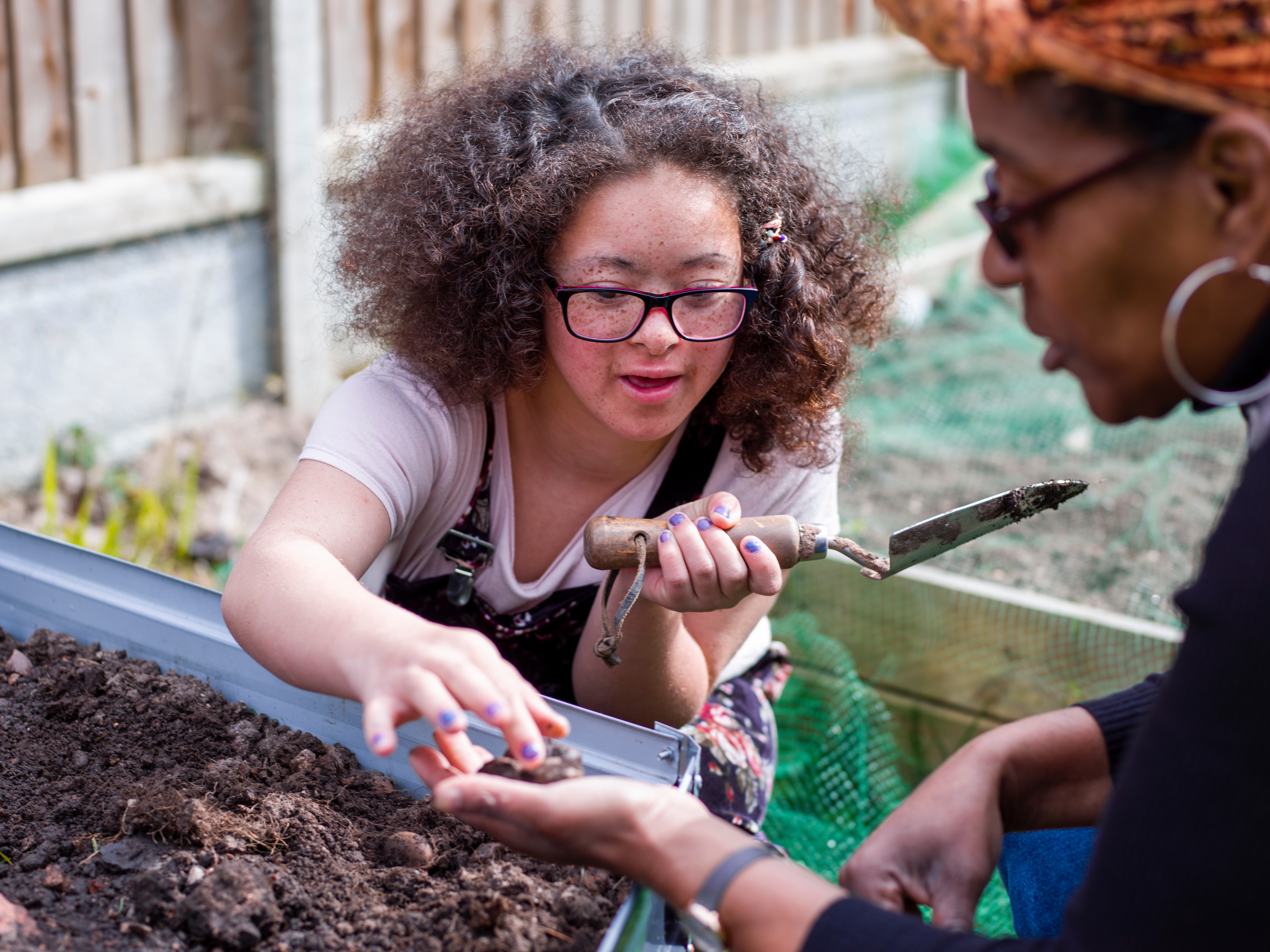
Introduction:
Looking for ways to spend more time with the young adults in your life? Go outside! Take advantage of the spring weather and get some sunshine while connecting with your teen.
Want to learn more about ways to connect with young people and maintain your wellbeing? Check out our accredited life coach training programs for more information.